Jackie McLean y John Handy (saxo alto), Booker Ervin (saxo tenor), Pepper Adams (saxo barítono), Jimmy Knepper y Willie Dennis (trombón), Horace Parlan (piano), Charles Mingus (contrabajo) y Dannie Richmond (batería). Extraído del álbum Blues & Roots (1960) de Charles Mingus.
Jackie McClean era un saxofonista alto de jazz, compositor y profesor de música norteamericano. Nacido en Nueva York, recibió clases informales del saxofonista alto y padre del bebop Charlie Parker y los pianistas Thelonious Monk y Bud Powell. El primer álbum en el que apareció fue Dig, grabado en 1951 y publicado en 1956, del legendario trompetista Miles Davis y durante el resto de la década de los cincuenta colaboró con los saxofonistas tenores Gene Ammons y Hank Mobley, los trompetistas Art Farmer y Donald Byrd, los pianistas Mal Waldron y Sonny Clarke, el gran contrabajista Charles Mingus y los Jazz Messengers del batería Art Blakey entre otros. Durante esos años también lanzó numerosos álbums como líder tocando hard bop, entre los que destacan New Soil (1959), Capuchin Swing (1960), Jackie’s Bag (1961) y Bluesnik (1962).
Jackie McClean was an American jazz alto saxophonist, composer and music teacher. Born in New York, he received informal lessons from alto saxophonist and father of bebop Charlie Parker and pianists Thelonious Monk and Bud Powell. The first album on which he appeared was Dig, recorded in 1951 and released in 1956, by legendary trumpeter Miles Davis and for the rest of the 1950s he collaborated with tenor saxophonists Gene Ammons and Hank Mobley, trumpeters Art Farmer and Donald Byrd, pianists Mal Waldron and Sonny Clarke, great double bassist Charles Mingus and drummer Art Blakey’s Jazz Messengers among others. During those years he also launched a number of albums as a leader playing hard bop, including New Soil (1959), Capuchin Swing (1960), Jackie’s Bag (1961) and Bluesnik (1962).
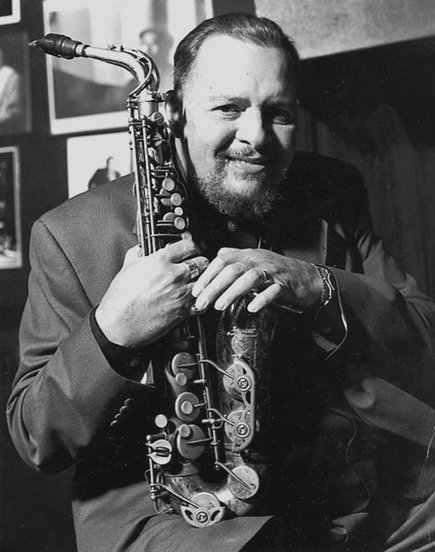
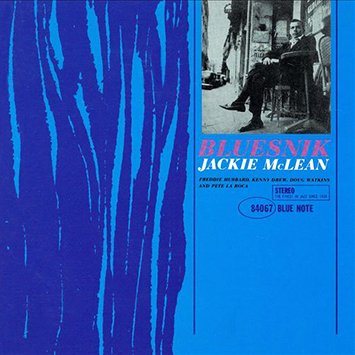
Sin embargo, en 1962 McLean se adentró en el avant-garde con Let Freedom Ring, en el que intenta resolver los problemas armónicos del jazz incorporando elementos de free jazz. En 1964 publicó One Step Beyond y Destination Out, en los que se desafía a sí mismo haciendo una música intensa y original. Durante los años sesenta tocó con multitud de músicos e hizo gran cantidad de giras, además de continuar con su carrera discográfica y dedicarse a la docencia. En 1970 fundó el Artists Collective, Inc., donde se imparten clases de música, teatro, danza y artes visuales. A lo largo de los años setenta, ochenta y noventa grabó con asiduidad en el estilo post-bop, y sus mejores trabajos durante esta época son Demon’s Dance (1970), New Wine in Old Bottles (1978) y Dynasty (1988). Murió en el 2006 a la edad de 74 años después de una larga enfermedad.
However, in 1962 McLean went into avant-garde with Let Freedom Ring, in which he tries to solve the harmonic problems of jazz by incorporating elements of free jazz. In 1964 he issued One Step Beyond and Destination Out, in which he challenges himself by making intense and original music. During the 1960s he played with many musicians and toured extensively, as well as continuing his recording career and teaching. In 1970 he founded the Artists Collective, Inc., where music, theater, dance and visual arts classes are taught. Throughout the 1970s, 1980s and 1990s he recorded regularly in the post-bop style, and his best works during this time are Demon’s Dance (1970), New Wine in Old Bottles (1978) and Dynasty (1988). He died in 2006 at the age of 74 after a long illness.
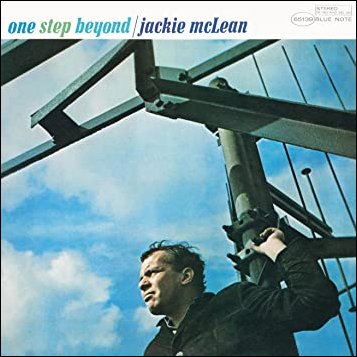
Este tema es un blues muy corto después del cual Mingus empieza a hacer su solo, en el que parece estar enfadado. Sus notas bien marcadas forman una línea melódica en la que parece estar manteniendo un diálogo con otra persona. Le sigue Parlan con un solo muy sereno y bluesy. A continuación el grupo se pone a hacer una improvisación colectiva hasta que dejan solos a Mingus y Adams tocando unas frases muy básicas y luego vuelven para terminar la composición con otra breve improvisación colectiva.
This theme is a very short blues after which Mingus begins his solo, in which he seems to be angry. His well-marked notes form a melodic line in which he seems to be having a dialogue with another person. Parlan follows with a very serene and bluesy solo. Next the group goes into a collective improvisation until they leave Mingus and Adams alone playing some very basic phrases and then return to finish the tune with another brief collective improvisation.
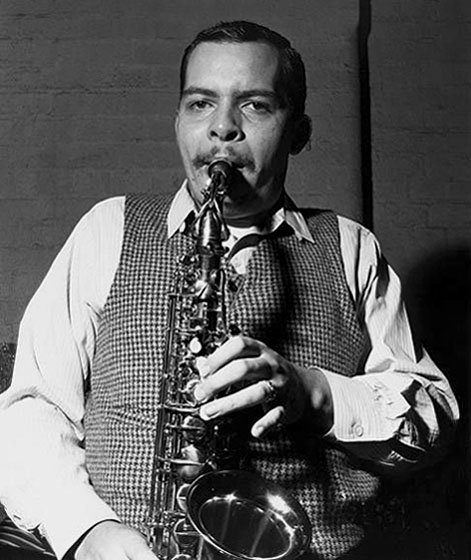
Translated with the help of DeepL
℗ Atlantic Records
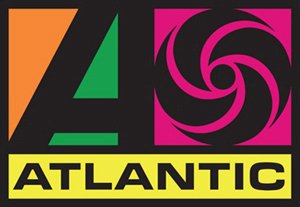

Si te ha gustado el tema, quizá querrás escuchar también el primero de este álbum:
If you liked the track, you might also want to listen to the first one on this album:

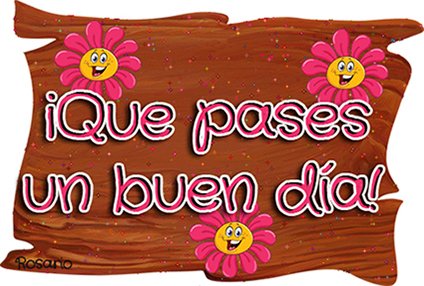
¡Felicitaciones!
Estás participando para optar a la mención especial que se efectuará el domingo 5 de marzo del 2023 a las 8:00 pm (hora de Venezuela), gracias a la cual el autor del artículo seleccionado recibirá la cantidad de 1 HIVE transferida a su cuenta.
¡También has recibido 1 ENTROKEN! El token del PROYECTO ENTROPÍA impulsado por la plataforma Steem-Engine.
1. Invierte en el PROYECTO ENTROPÍA y recibe ganancias semanalmente. Entra aquí para más información.
2. Contáctanos en Discord: https://discord.gg/hkCjFeb
3. Suscríbete a nuestra COMUNIDAD y apoya al trail de @Entropia y así podrás ganar recompensas de curación de forma automática. Entra aquí para más información sobre nuestro trail.
4. Visita nuestro canal de Youtube.
Atentamente
El equipo de curación del PROYECTO ENTROPÍA